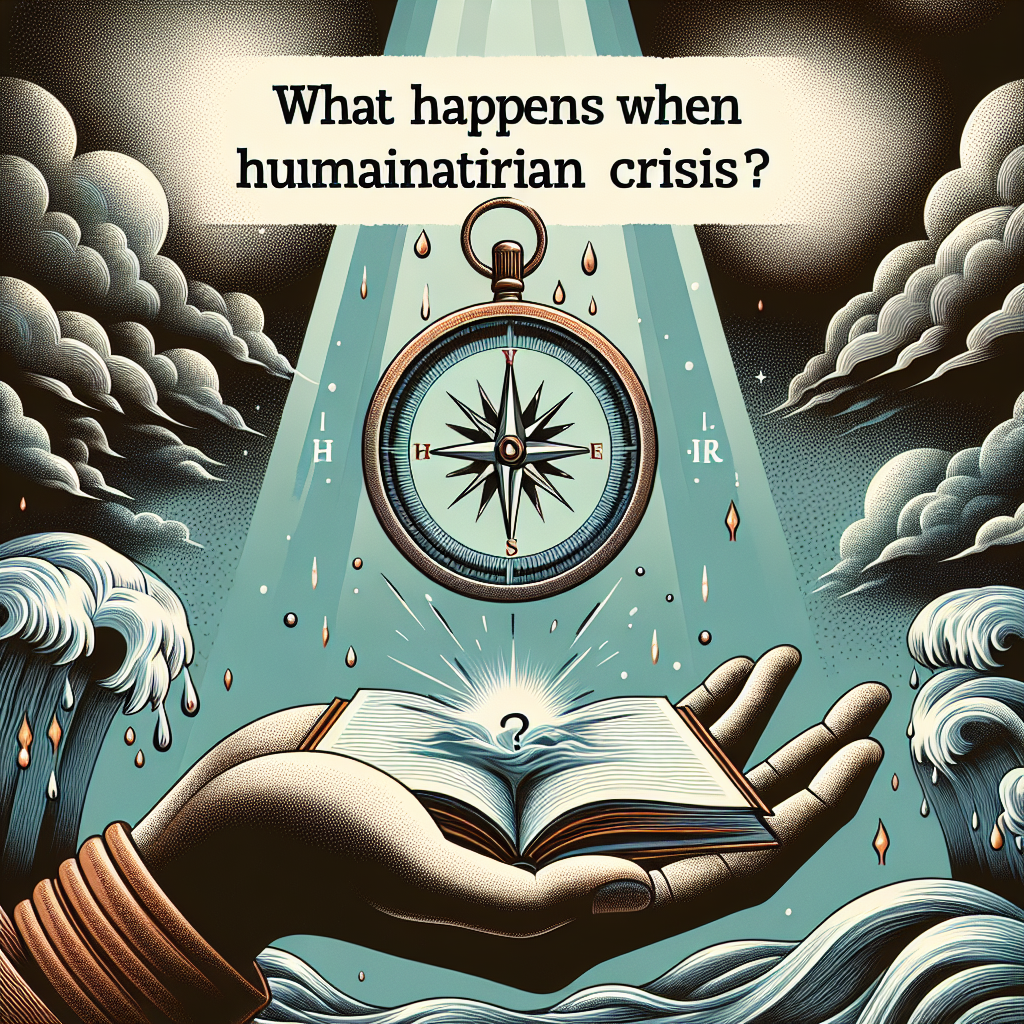In history’s vault, countless tales reflect humanity’s resilience to unexpected disasters. But what happens when a humanitarian crisis deepens? It’s a question that compels us to examine oft-ignored aspects of these events — their profound impacts on business landscapes.
Company Background
Consider Sahara Water Co., founded amid one of the worst droughts in African history. They developed an affordable water filtration system that addresses scarcity issues severely impacting Sub-Saharan Africa.
Market Opportunity
The company identified an opportunity within catastrophe: clean water supply was scarce; demand was immense and unfulfilled due to the region’s dire financial conditions.
Innovation Strategy
Sahara Water innovated by developing cost-effective technology for mass production, making purified water accessible and affordable despite economic hardships perpetuated by the ongoing crisis.
Execution Challenges
The path wasn’t smooth. Faced with logistics nightmares, inadequate infrastructure, political instability and limited resources were but some challenges confronted head-on by Sahara Water.
Key Success Factors
Persistence combined with effective partnerships with NGOs positioned them uniquely to navigate these turbulent waters successfully. Further assisting their cause was growing global awareness about clean drinking water accessibility as a fundamental human right.



